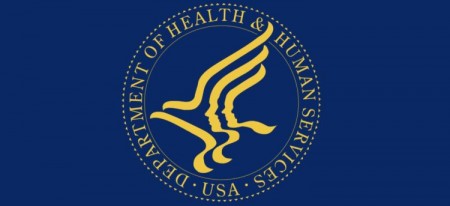By Liz Coyle, Guest Columnist (Saporta Report) –
More than a year into the pandemic, Georgia is still facing many pressing challenges. The highly contagious Delta variant followed by the Omicron variant, and low vaccination rates across the state, are driving a prolonged COVID-19 impact.
The social and economic fallout from the ongoing public health emergency is placing an unprecedented burden on at-risk populations along with institutions including the court system and police departments.
As Georgia works to rebuild and recover from COVID-19, expanding access to quality, affordable health care must be a top priority. The fastest and most impactful ways to make our health care system more accessible and efficient are to:
- Extend and make permanent the expanded health insurance subsidies;
- Close the Medicaid coverage gap through the federal budget.
In creating the federal insurance marketplace, the United States has made significant strides toward making coverage and care more affordable, and more than 31 million people are now enrolled in coverage. This is an outstanding achievement, but too many Georgia families still struggle with medical bills, chronic conditions, and a lack of access to adequate health care.
The fact is, Georgia is among the states that have benefited most from these subsidies – 127,100 of Georgia’s uninsured residents are newly eligible for tax credits because of the expansion that was part of the American Rescue Plan Act. Health insurance coverage means financial stability for Georgia families and, unless this relief is made permanent, many could lose the care they need and deserve.
When Congress expanded these coverage subsidies, the demand for federal marketplace plans skyrocketed. This year alone, 87,950 Georgia residents signed up for marketplace coverage during the special enrollment period between February and May. In total, more than 2.5 million Americans enrolled in health coverage through the federal website here and state marketplaces.
The cost of health care impacts everyone – healthy or sick. But, for those without insurance, primary care services such as a yearly checkup may be too expensive. Delaying necessary care puts uninsured individuals at increased risk of health problems, and a serious accident or medical emergency can push them past the brink of bankruptcy.
When more people participate in the insurance system, costs are lowered for all individuals. By extending these subsidies and closing the Medicaid coverage gap, the average premium rates for everyone in the individual market would be reduced by 10 percent on average, amounting to roughly $55 every month or $660 each year. And no middle-class family would have to pay more than 8.5 percent of their income on premiums.
According to the Urban Institute, if the current subsidies are made permanent, 193,000 uninsured Georgians could access affordable care through marketplace tax credits next year. And estimates show that by extending the expanded subsidies, 4.2 million fewer people would be uninsured.
If the subsidies are allowed to expire, about 12 million Americans, including thousands of Georgia families, will face significant increases in health insurance premiums or be forced out of their plans altogether. Losing access to health insurance right now would make it even harder for those who have been disproportionately affected by the pandemic to rebound and thrive.
Promoting consumer-friendly policies at all levels of government has always been key to our health care advocacy. We know that along with affordable care comes improved health outcomes. Extending the current marketplace subsidies and making them permanent will not only reduce the number of uninsured Georgians — it will help make our state stronger, safer, and more equitable.
Earlier this year, Georgia Sen. Raphael Warnock introduced, with Sen. Jon Ossoff as co-sponsor, the Medicaid Saves Lives Act, which expands access to health care coverage for over four million low-income Americans. Senate Bill 2315 would finish the work of the Affordable Care Act, providing health care insurance to low-income Americans in the 12 states that have declined to expand Medicaid, including Georgia.
U.S. Congresswoman Carolyn Bordeaux (D-Suwanee) introduced mirror legislation in the House, House Resolution 4595. Georgia’s five other Democratic House members signed as co-sponsors: Representatives Sanford Bishop (Albany); Hank Johnson (Lithonia); Nikema Williams (Atlanta); Lucy McBath (Marietta), and David Scott (Atlanta).
We’re counting on our representatives in Congress to deliver for our families.

